November is Financial Literacy Month – a time dedicated to advancing Canada’s National Financial Literacy Strategy and its goal to help Canadians build financial resilience and well-being.
For homeowners – as well as prospective homeowners – financial health is crucial to being able to cover the cost of homeownership. From saving for a down payment to paying for unexpected repairs to having enough to cover the regular bills that come with owning a home, a healthy financial foundation is essential to long-term security and well-being.
What is financial health?
Being financially healthy means having enough money to meet your needs of today with enough left over to achieve your future goals.
Financial literacy can contribute to financial health in a meaningful way. By better understanding how to manage your money, live within your means, spend responsibly and save for both emergencies and the future, you can achieve lifelong financial health.
5 ways to stay financially healthy
This Financial Literacy Month, consider the following five actions to build your financial literacy and improve your financial health. Each can individually contribute to better immediate and long-term financial well-being. Collectively, they can help improve your ability to meet financial challenges head-on, confidently navigate a challenging financial landscape and achieve the financial goals that matter most to you.
1) Reduce your debt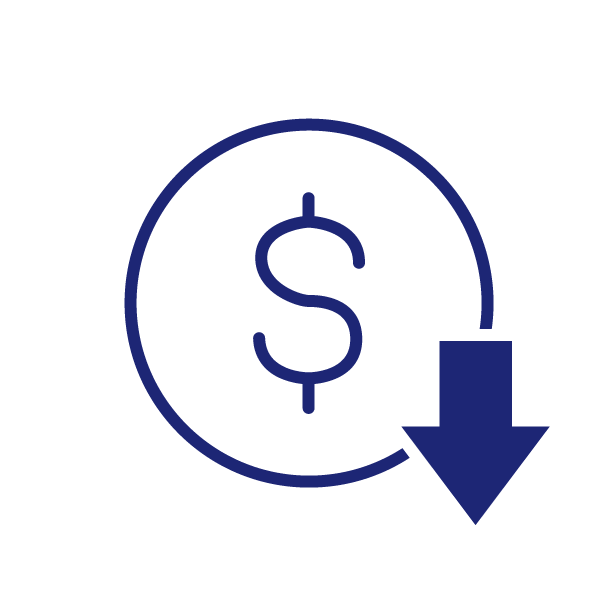 |
1) Reduce your debt
Perhaps one of the biggest drivers of financial stress is debt. If you’re dealing with high levels of debt, the burden can feel heavy and overwhelming. Debt can seriously affect your ability to manage your everyday expenses, let alone save for your future savings goals. As a homeowner, the cost of servicing debt can affect your ability to cover your mortgage costs, particularly during a time when mortgage payments are rising for many. If you’re aspiring to buy your first home, too much debt can hurt your chances of getting approved for a mortgage. |
2) Access lower interest rate credit for larger expenses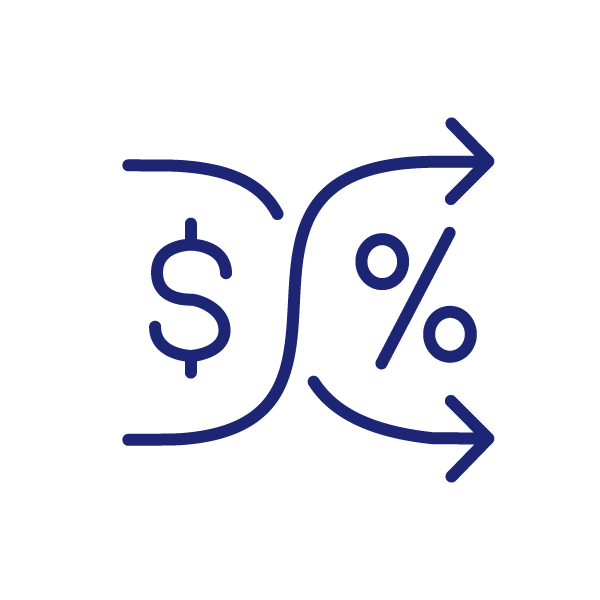 |
2) Access lower interest rate credit for larger expenses
If you have a bigger expense coming up – such as a home renovation, car repair or new appliance – you may need to borrow money to cover the cost. As you consider the credit you may need to access, keep in mind that now all credit is created equal – interest rates and borrowing costs can vary greatly between credit solutions. |
3) Build a strong credit score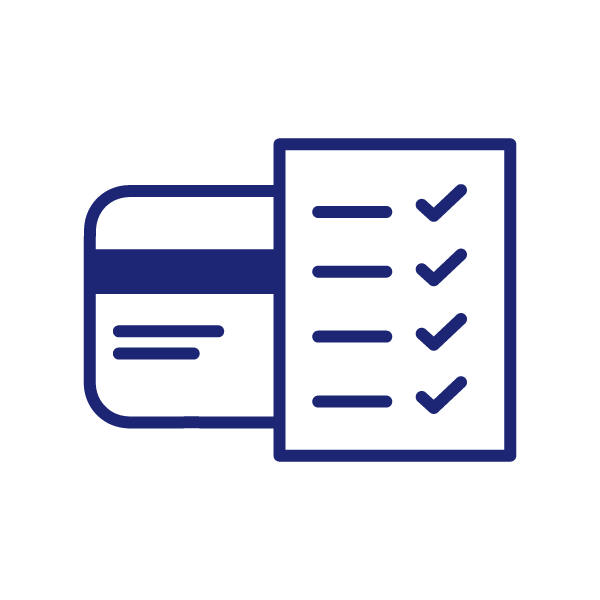 |
3) Build a strong credit score
A strong credit score can have a positive impact on your overall financial health. Not only does it affect whether or not you will be approved for a loan, it can influence the interest rates and terms you receive. So, if you’re seeking a lower-rate borrowing solution, as outlined above, a strong credit score can improve your chances of getting approved and qualifying for a rate that materially reduces your cost of borrowing. If you’re looking to buy a home, a strong credit score is integral to getting approved for a mortgage and qualifying for a favourable rate and term. |
4) Build your savings tax-free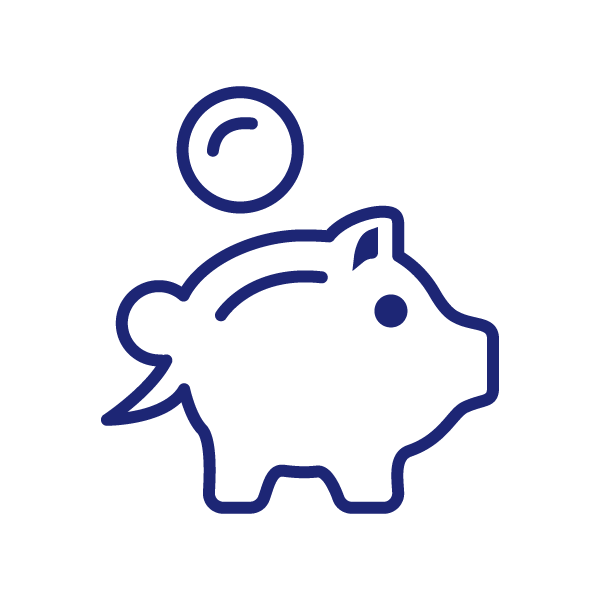 |
4) Build your savings tax-free
If you’re not yet a homeowner, you may be well aware of how hard it can be to save for your down payment. But understanding the options available to you can help you build your savings faster and buy your first home sooner. |
5) Get familiar with programs and resources for first-time homebuyers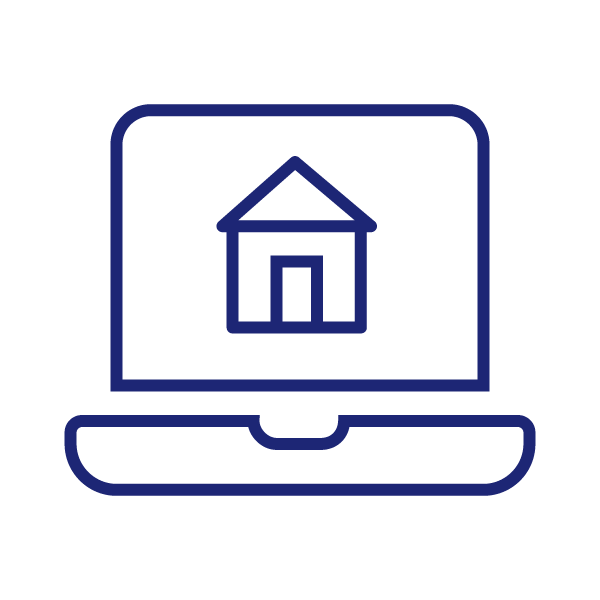 |
5) Get familiar with programs and resources for first-time homebuyers
Buying your first home is a significant milestone – and when you haven’t been through the process before, there can be a lot to learn. |
Whether you already own a home or are actively pursuing homeownership for the first time, being financially healthy will go a long way toward feeling confident you can manage the day-to-day costs of homeownership and save for your goals. This Financial Literacy Month, take some time to boost your own financial literacy and build your financial health at the same time.




